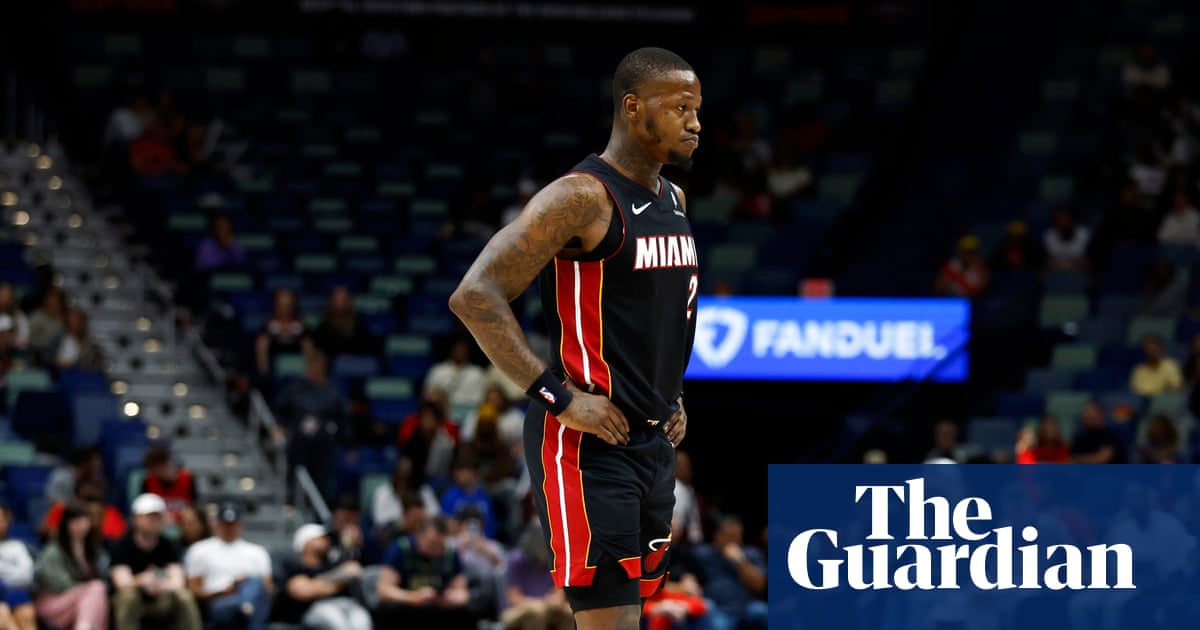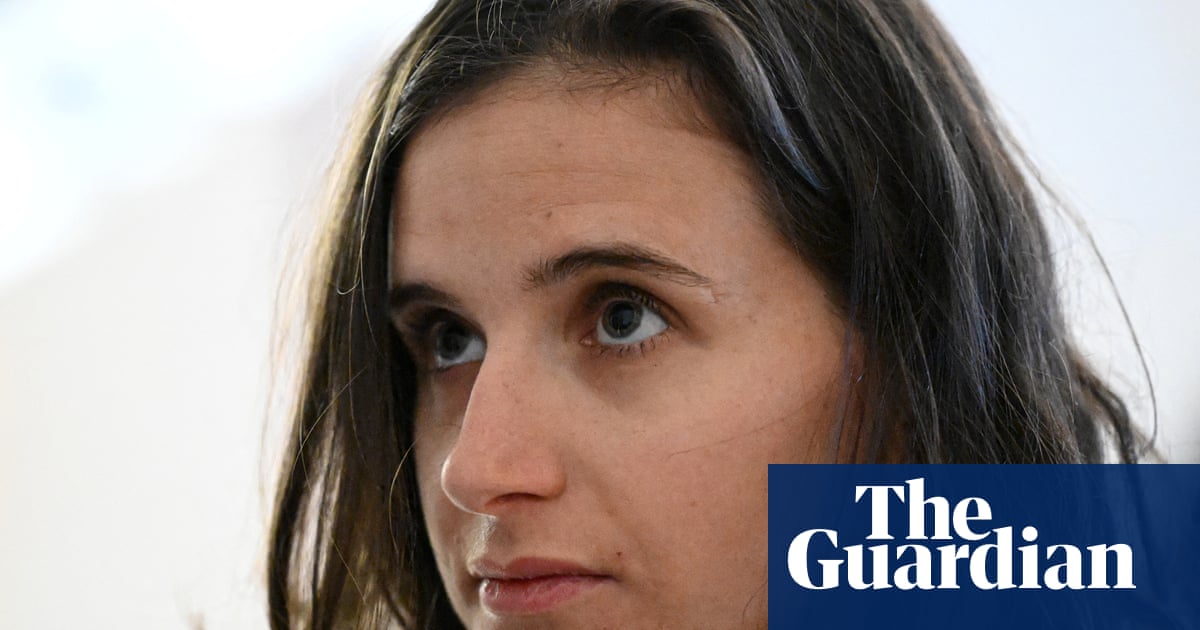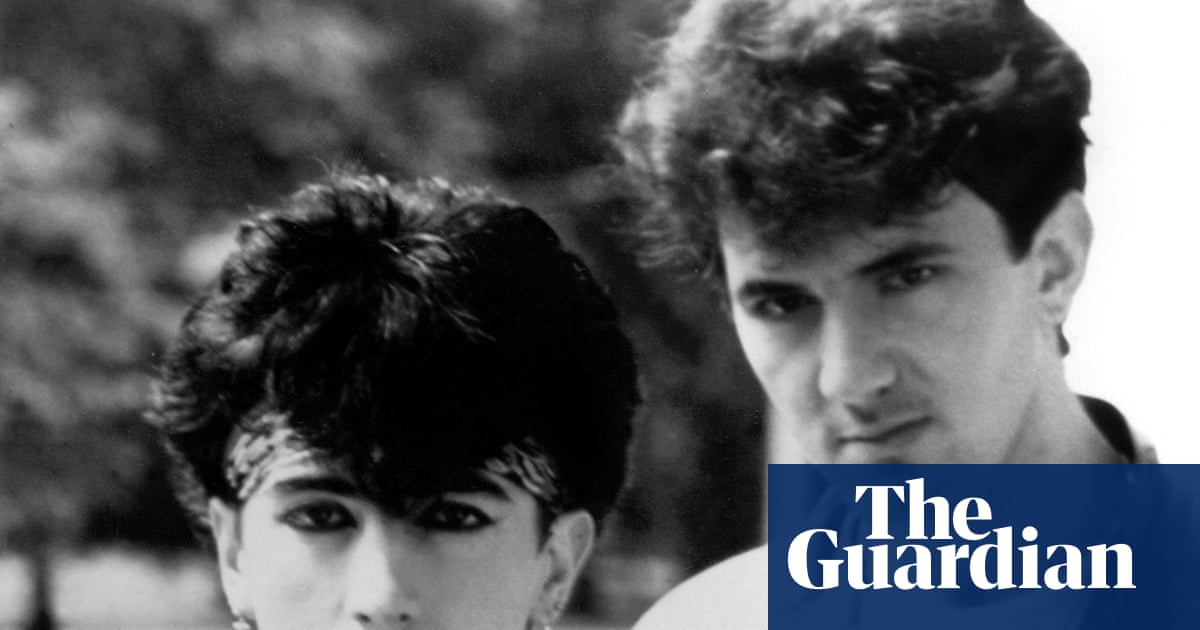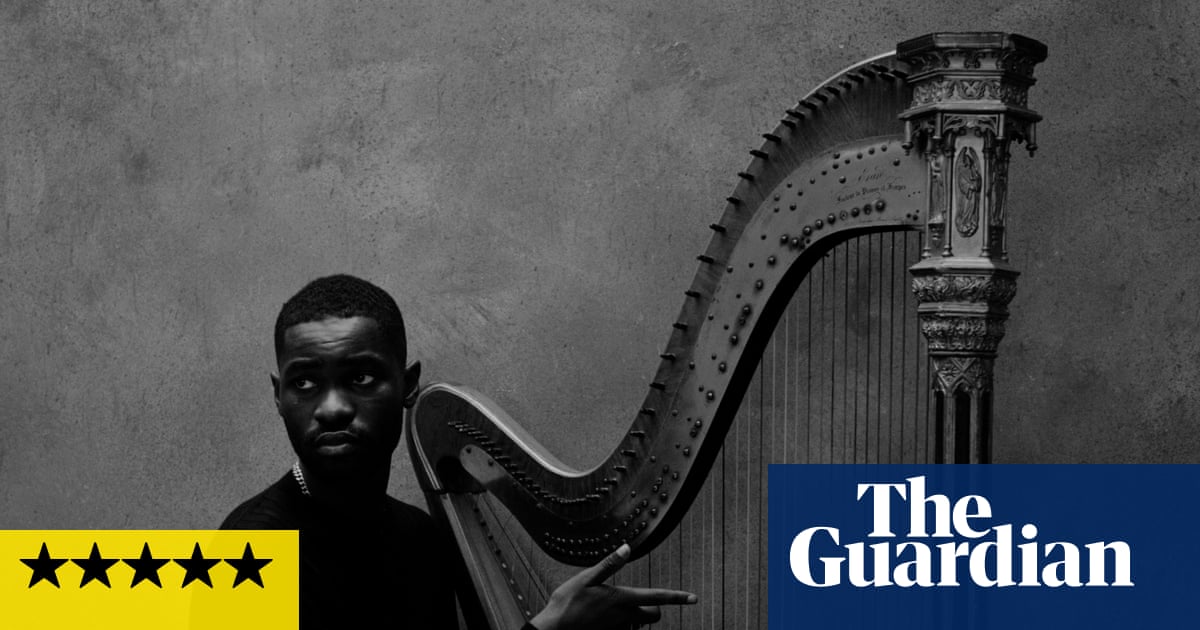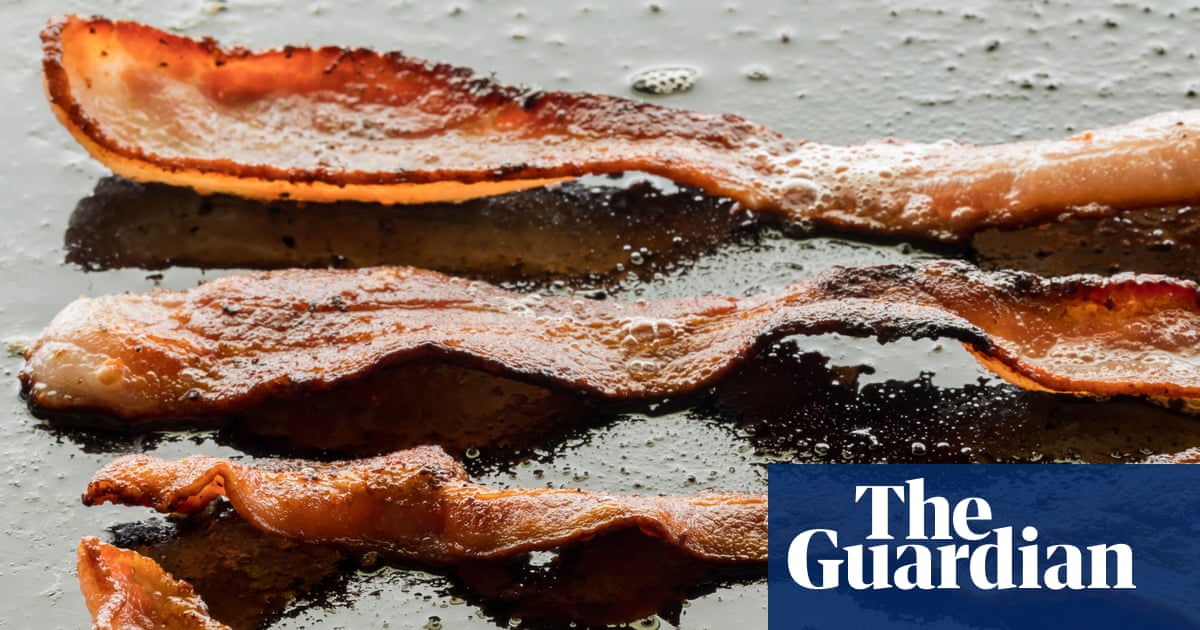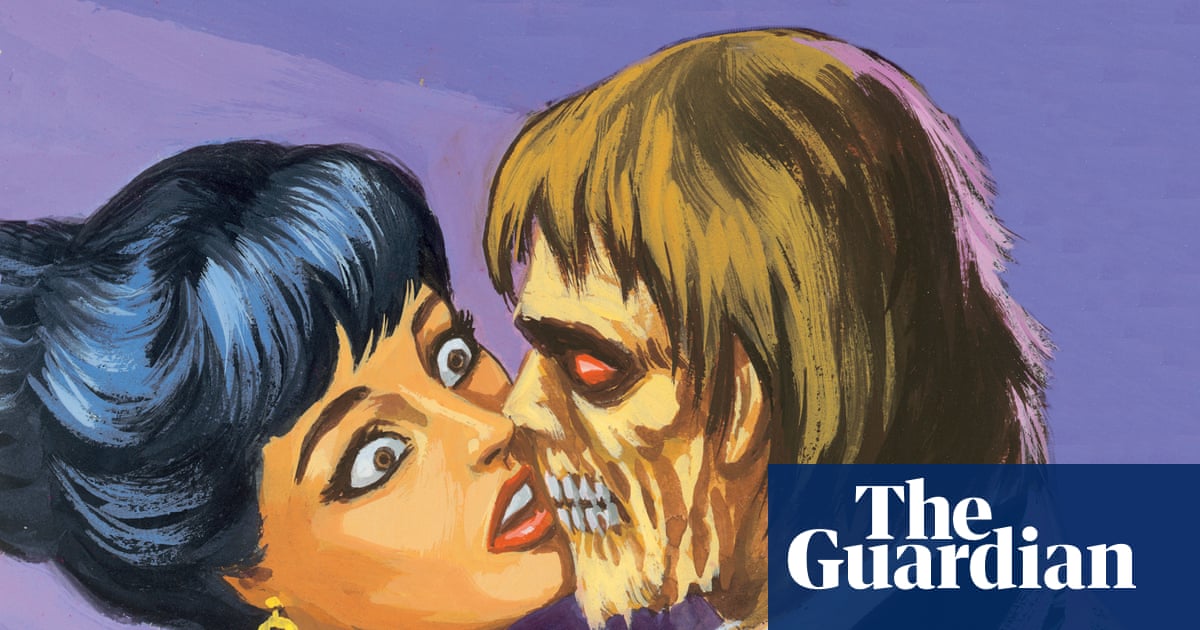When Lily Allen released her fifth album on Friday morning, there were as many headlines breaking down the contents of the record as there were actual reviews of the music.
West End Girl, surprise-announced on Monday, appears to concern the 40-year-old British pop star’s divorce from the US actor David Harbour, who stars in the Netflix sci-fi series Stranger Things.
In interviews, Allen has been careful to liken the album to a work of autofiction, and to tell British Vogue that it references things she experienced in her marriage “but that’s not to say that it’s all gospel”.
Given its highly detailed, eye-popping allegations about a husband breaking the agreed terms of an open relationship, his emotional manipulation and sex addiction, one would imagine that lawyers heavily advised her to add that caveat. (Harbour has not responded to the album’s contents.)
In an interview this week with Katie Grand’s Perfect magazine, Allen admitted that the record was likely to further stoke her tempestuous relationship with the media.
“I don’t make it easy for myself, do I?” she said. Still, beyond the obvious tabloid catnip contained within the album – including lyrics about discovering “sex toys, butt plugs, lube inside / Hundreds of Trojans” (condoms) on the song Pussy Palace – some newspapers have bordered on sharply personal criticism when covering West End Girl. The headline on the Times’ review stated: “You almost feel sorry for David Harbour.” In a 2/5 review, the Financial Times accused Allen of “a hollow performance”.
Otherwise, Allen’s return to music, seven years after the release of her last album, No Shame, was greeted with widespread acclaim – and due consideration for its musical virtues. In a four-star review, the Guardian’s Alexis Petridis wrote: “What ties the songs together beyond the story they tell is the striking prettiness of the tunes, which seem, jarringly, more evocative of a romantic fairytale ending than the anger and unhappiness the lyrics convey.”
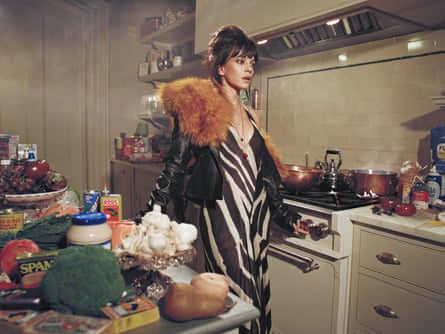
In another four-star review, the Telegraph praised the technicalities of Allen’s writing: “The power of West End Girl lies in the way it clearly presents itself as one side of the story: a woman trapped in her own head. Narrative tension builds because listeners can’t pull out for a wider perspective on the situation, allowing us to share in Allen’s claustrophobia and paranoia.” The Daily Mail’s four-star take said it sat alongside Fleetwood Mac’s Rumours, Amy Winehouse’s Back to Black and Adele’s 21 in the annals of great pop breakup albums.
The Independent awarded it five stars, and highlighted the relatability of Allen’s themes – not just hyperpersonal disclosure, but an illustration of “how easy it is, in love, to drown in someone else’s shame and mistake it for your own”.
Petridis also drew on how Allen’s fans may have grown up alongside her and relate to the story she tells about modern relationships: “Underneath all the gory details, it seems to tacitly suggest that open arrangements are easily abused, usually by men, and that believing you’re above outmoded concepts of fidelity – ‘a modern wife’, as Allen puts it at one point – is no guarantee you won’t get your heart broken.”
The fan response on the Popheads subreddit and the Popjustice forums – two of the busiest and most ardent destinations for pop discussion online – was almost uniformly positive. One viral tweet likened the album to Lorde’s cultishly adored second album, about the tempestuous rites of first heartbreak: “Can’t believe Lily Allen is about to drop the Melodrama for divorced white British women over 40.”
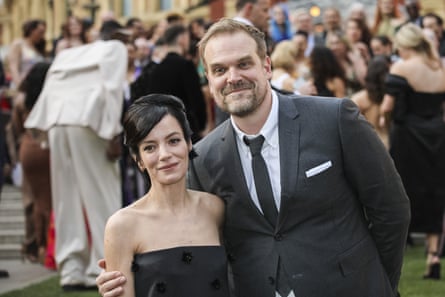
How the acclaim informs what Allen does next remains to be seen. No Shame received similar levels of praise but was her lowest-selling album – although her 2006 debut Alright, Still was released in the pre-streaming era, making it tricky to compare on an even playing field. She has not announced any tour dates in support of the record, and hasn’t played live since 2019. In September, she said that she was temporarily stepping away from Miss Me?, the highly successful BBC podcast she presented with childhood friend Miquita Oliver, “while I go and do some new stuff for a bit” – presumably the album.
In the break since Allen released and toured No Shame, she has found success as a theatrical actor. The opening song and title track of West End Girl appears to document Allen discovering that she has landed the lead role in 2:22 A Ghost Story at the Noël Coward theatre in 2021, which necessitated her to move from her adopted family home in New York back to London, and the cracks it apparently created in her marriage. She earned excellent reviews and a Laurence Olivier award nomination for best actress for her performance.
Allen subsequently starred in a revival of Martin McDonagh’s play The Pillowman as well as Hedda, a reimagining of the Henrik Ibsen play directed by Matthew Dunster.
For now, Allen has no more roles on the cards. One she can play, though, is that of godmother to a new wave of younger pop stars forged in her image. In 2022, the US star Olivia Rodrigo invited Allen on stage with her at Glastonbury to cover the latter’s 2008 song, Fuck You, which they dedicated to the US supreme court justices who overturned Roe v Wade. Billie Eilish is a fan; her unbarred, conversational delivery is audible in the output of Charli xcx and Lola Young.
As UK producer PinkPantheress put it: “Lily Allen made sounding like yourself feel cool.” On West End Girl, she certainly doesn’t sound like anyone else.

.png) 5 hours ago
3
5 hours ago
3


